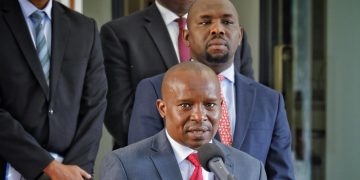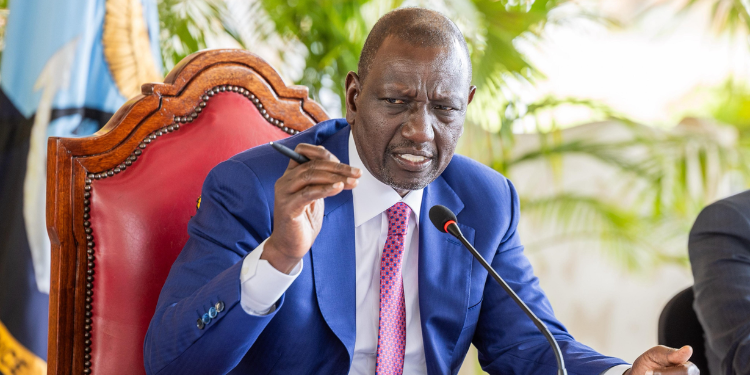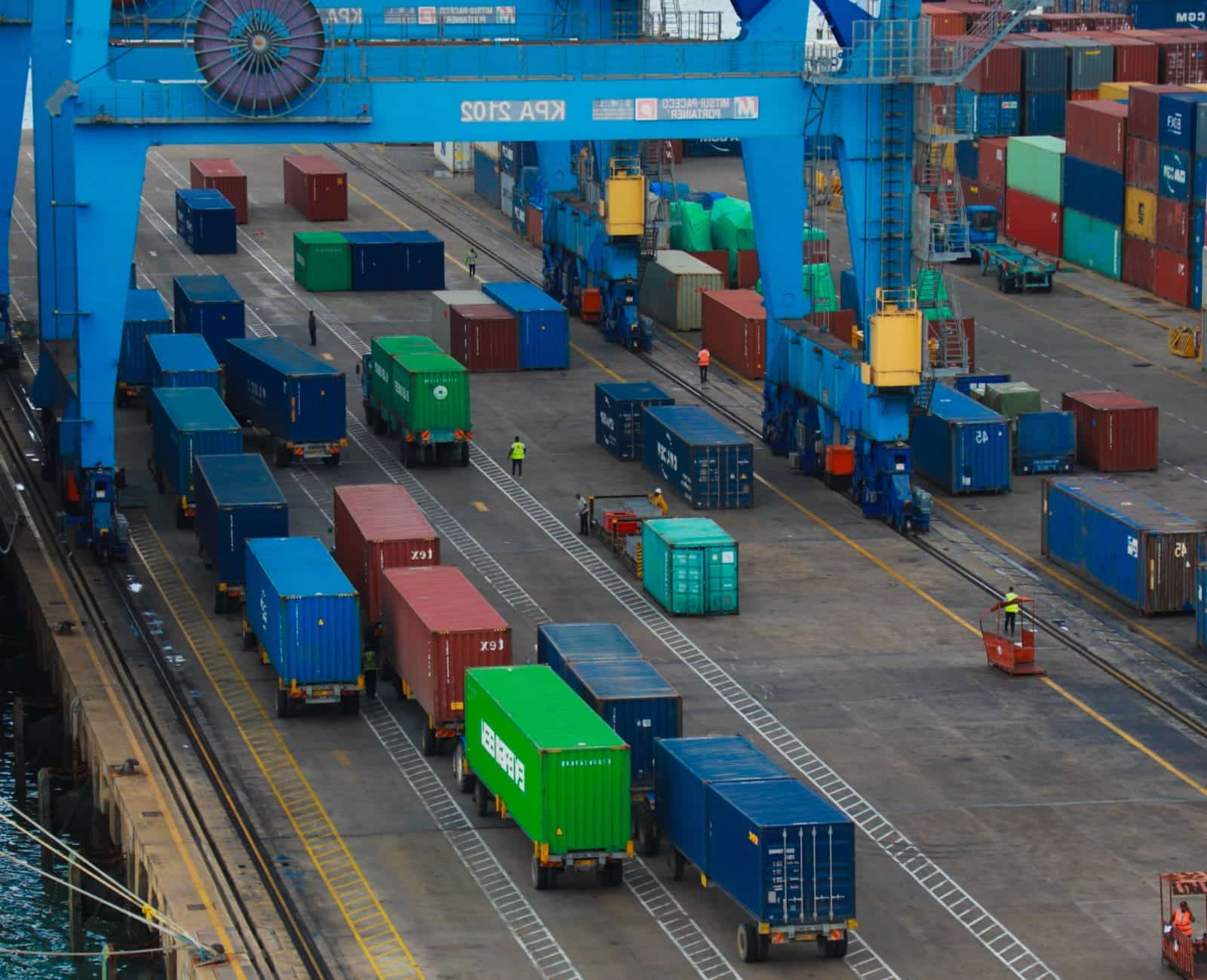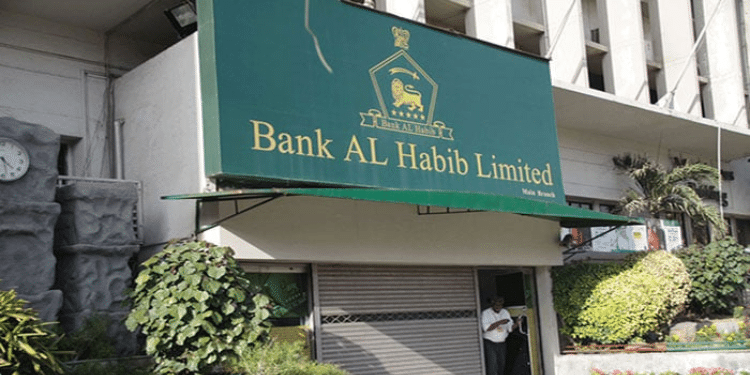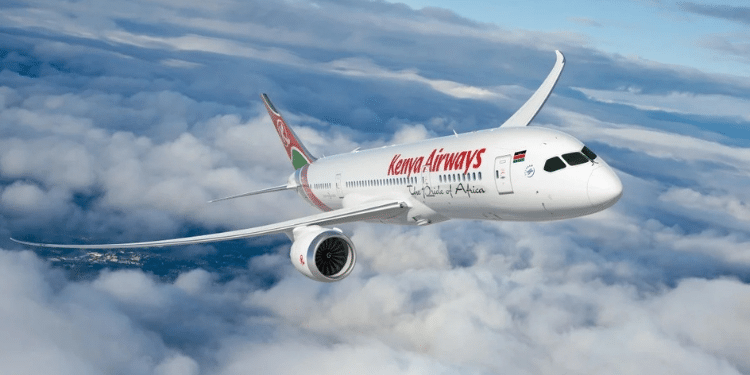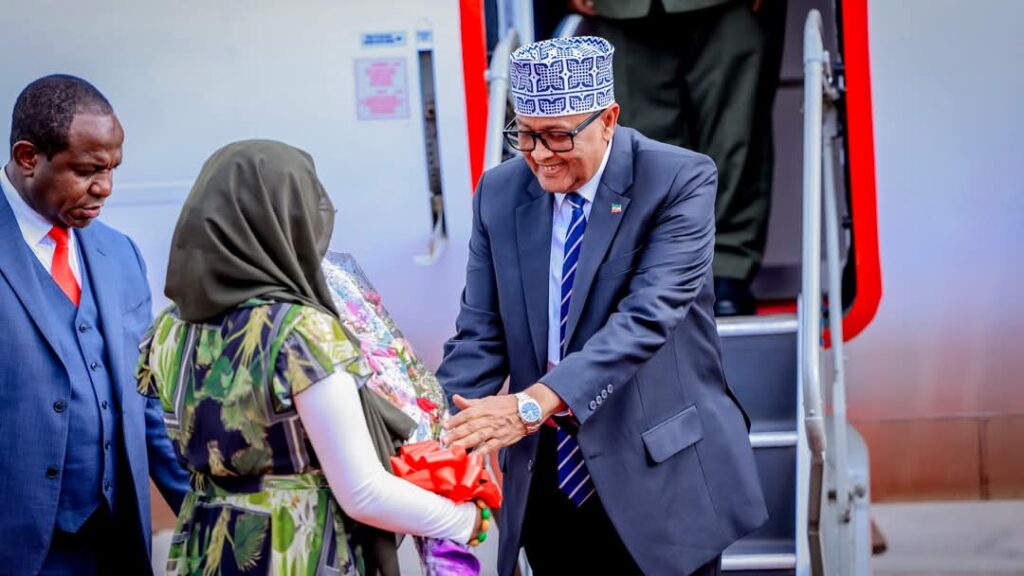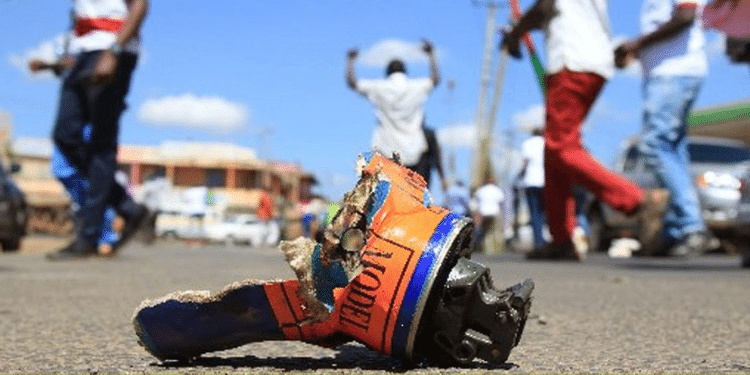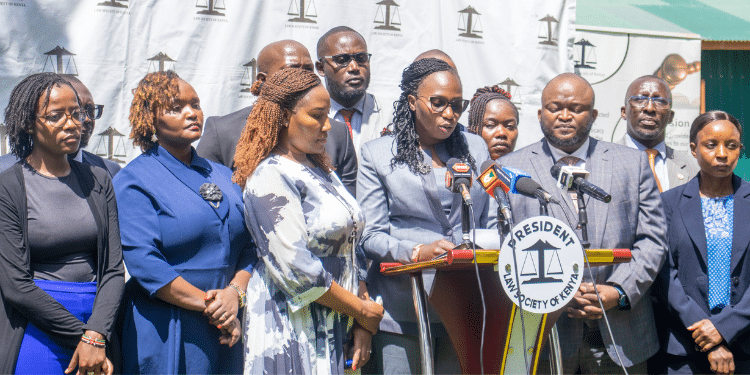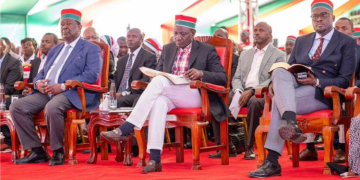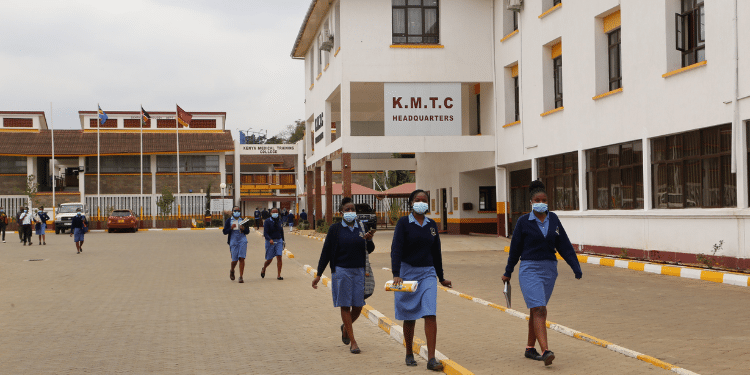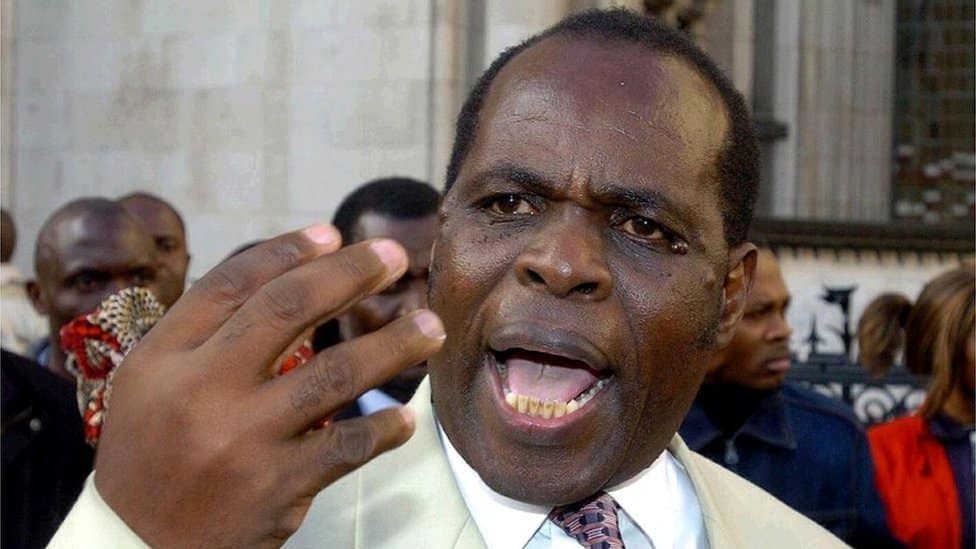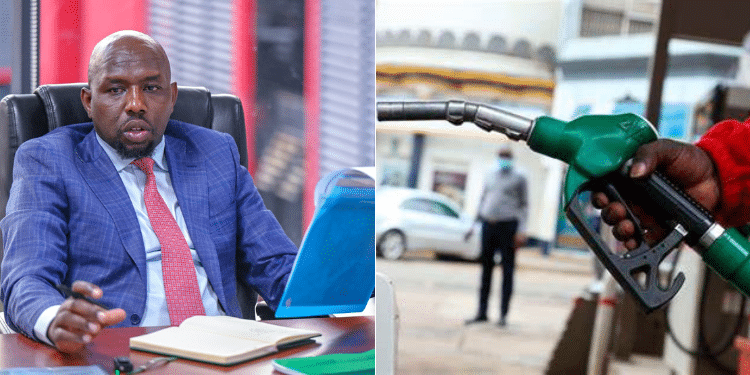Transport Cabinet Secretary (CS) Kipchumba Murkomen has tabled a proposal to increase fuel levy charge from Ksh18 to Ksh25 per litre.
Motorists will have to have to pay more for petrol If the National Assembly Finance and National Planning Committee approves the 39% increase.
Murkomen urged the Committee to approve the rise to allow the government to raise money for road maintenance.
“It is concluded that increasing the fuel levy charge from Ksh18 per litre to Ksh25 per litre yields a revenue outcome, which is consistent with halting the increase in the maintenance backlog,” the CS said.

Amount Govt Will Raise from Fuel Levy Rise
The CS seeks to increase the levy through the finance bill 2024 arguing that the last review in 2016 has failed to cover inflation on cost of maintaining roads.
“When the current fuel levy rates of Ksh18 per litre was established in 2016, the pump of petrol in Nairobi was Ksh95. As of May 2024, the pump is Ksh194 while fuel levy remains at Ksh18 per litre. The difference illustrates the loss of purchasing power of the fuel levy over time due to inflation,” Murkomen said.
He revealed that the government will collect Ksh115 billion annually from the levy up from the current Ksh83 billion if the Ksh25 rise is approved.
The tax is referred to as road maintenance levy fund (RMLF) and is collected at the fuel stations. Ksh3 of the fund goes to annuity fund and the rest is channeled to road maintenance, rehabilitation and development.
Also Read: Mombasa Road to Experience Traffic Disruption for 4 Days
Tax Relief for Imported Vehicles
However, Murkomen asked the Committee to retain the tax exemption for imported vehicles.
He explained that the exemption of taxes for electric vehicles has resulted in the registration of 2,128 electric vehicles in the last year.
Murkomen emphasized that the exemption saved over 1 million litres of fossil fuels imports, attracted over USD 100 million (Ksh13.7 billion) in investment, and saved commuters transport costs during the same period.
Also Read: Oil Prices Rise Ahead of EPRA Review for June
“In my submissions, I put up a case for the retention of these tax exemptions for the first 100,000 EVs that will be imported into the country – including electric buses, electric cars, electric tuktuks, and electric bicycles,” Murkomen said.
He explained that the move is part of the government’s continued effort to reduce carbon emissions and curb climate change.
The CS also advocated for continued Value Added Tax (VAT) exemption for the aviation sector.
This he said has resulted in the growth of the sector, the creation of jobs, and improved investments.
Follow our WhatsApp Channel for real-time news updates.
https://whatsapp.com/channel/0029VaB3k54HltYFiQ1f2i2C



